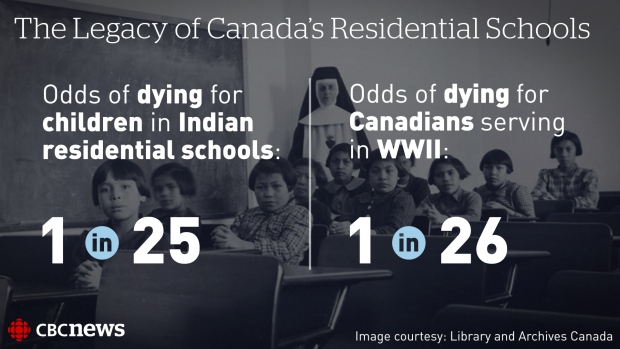U1L3 Reconciling Nationalist Loyalties
Completion requirements
U1L3
Lesson - Conflicting Nationalist Loyalties
![]() LESSON
LESSON
Students will explore how contending nationalist loyalties can create conflict by examining how Newfoundland mourns on Canada Day, the ongoing debate over Quebec nationalism, and Aboriginal reconciliation.
When people's choices enable them to include more than one nationalist loyalty in their identity, these loyalties are compatible - they can coexist without conflicting. If you are a new Canadian citizen, for example, you might feel a strong loyalty to Canada at the same time as you feel a strong loyalty to your original homeland. You might show these loyalties by choosing both to keep up with the news from your country of origin and to attend a Canada Day celebration. Your two loyalties can coexist without causing you turmoil.
But nationalist loyalties are not always compatible. Their goals sometimes conflict. If you feel a strong loyalty to Canada at the same time as you feel a strong loyalty to Quebec - and your loyalty to Quebec lead you to believe that the province should become independent - you would have a hard time making choices that would satisfy both these loyalties.
But nationalist loyalties are not always compatible. Their goals sometimes conflict. If you feel a strong loyalty to Canada at the same time as you feel a strong loyalty to Quebec - and your loyalty to Quebec lead you to believe that the province should become independent - you would have a hard time making choices that would satisfy both these loyalties.
Israel
Contending
nationalist loyalties can create conflict between peoples for many
reasons. When two people, for example, want to live in the same
territory can cannot reconcile - settle or resolve - their conflicting
loyalties by diplomatic means, the result may be violence. This is the
case in Israel, where both Jewish Israelis and Palestinians wish to
control the same territory, to which both have historical, religious,
spiritual, cultural, and geographic ties (P76, Exploring Nationalism)
|
Reconciliation can mean coming to terms with the past or mending a broken relationship. When two friends have a serious disagreement, an act of reconciliation can help resolve their differences and bring them together again. Similarly, when peoples or nations disagree, or when their nationalist loyalties lead them to pursue contending goals, an attitude of reconciliation can bring them together and enable them to coexist in peace. But when two contending nations cannot achieve reconciliation, the outcome can be serious. The inability to resolve differences may lead to damaging political struggles and even outright war.
For decades, Canadian governments tried to force First Nations, Inuit, and Metis to abandon their culture and traditions and to assimilate into mainstream society. Over the past decades, this policy has changed, as governments have recognized Aboriginal and treaty rights. These rights are now enshrined in the Charter of Rights and Freedoms, yet many First Nations, Inuit, and Metis continue to face an uphill struggle in their quest to control their own destiny. |
 |
|
|
The Royal Commission on Aboriginal Peoples
|
Watch the statement of apology to former students of Indian Residential Schools
